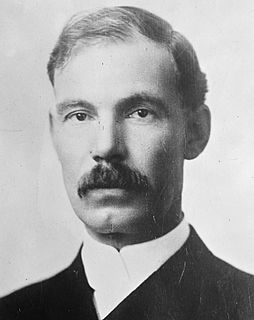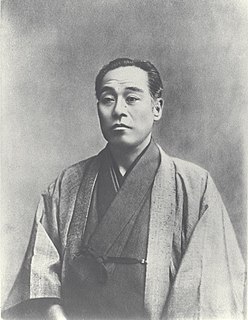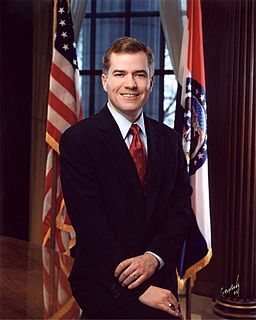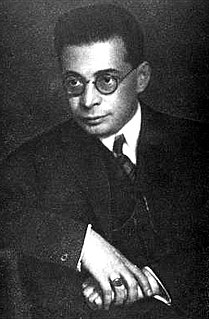A Quote by Edward Alsworth Ross
A self-conscious society will therefore endeavor to limit sect forming by providing for the widest possible diffusion of secular knowledge.
Related Quotes
We have heard of a Society for the Diffusion of Useful Knowledge. It is said that knowledge is power, and the like. Methinks there is equal need of a Society for the Diffusion of Useful Ignorance, what we will call Beautiful Knowledge, a knowledge useful in a higher sense: for what is most of our boasted so-called knowledge but a conceit that we know something, which robs us of the advantage of our actual ignorance? What we call knowledge is often our positive ignorance; ignorance our negative knowledge.
The Shadow is a moral problem that challenges the whole ego-personality, for no one can become conscious of the shadow without considerable moral effort. To become conscious of it involves recognizing the dark aspects of the personality as present and real. This act is the essential condition for any kind of self-knowledge, and it therefore, as a rule, meets with considerable resistance. Indeed, self-knowledge as a psychotherapuetic measure frequently requires much painstaking work extending over a long period of time.
This society in which knowledge workers dominate is in danger of a new "class conflict" between the large minority of knowledge workers and the majority of workers who will make their livings through traditional ways, either by manual work... or by service work. The productivity of knowledge work - still abysmally low - will predictably become the economic challenge of the knowledge society. On it will depend the ability of the knowledge society to give decent incomes, and with them dignity and status, to non knowledge people.
Therefore the Sage embraces Unity, and is a model for all under Heaven. He is free from self-display, therefore he shines forth; from self-assertion, therefore he is distinguished; from self-glorification, therefore he has merit; from self-exaltation, therefore he rises superior to all. Inasmuch as he does not strive, there is no one in the world who can strive with him.
The aim of the book is to set a limit to thought, or rather - not to thought, but to the expression of thoughts: for in order to be able to set a limit to thought, we should have to find both sides of the limit thinkable (i.e. we should have to be able to think what cannot be thought). It will therefore only be in language that the limit can be set, and what lies on the other side of the limit will simply be nonsense.
For the whole consequence of evolution from blind impulse through conscious will to self conscious knowledge, seems still somehow to correspond to a continued result of births, rebirths and new births, which reach from the birth of the child from the mother, beyond the birth of the individual from the mass, to the birth of the creative work from the individual and finally to the birth of knowledge from the work.
































